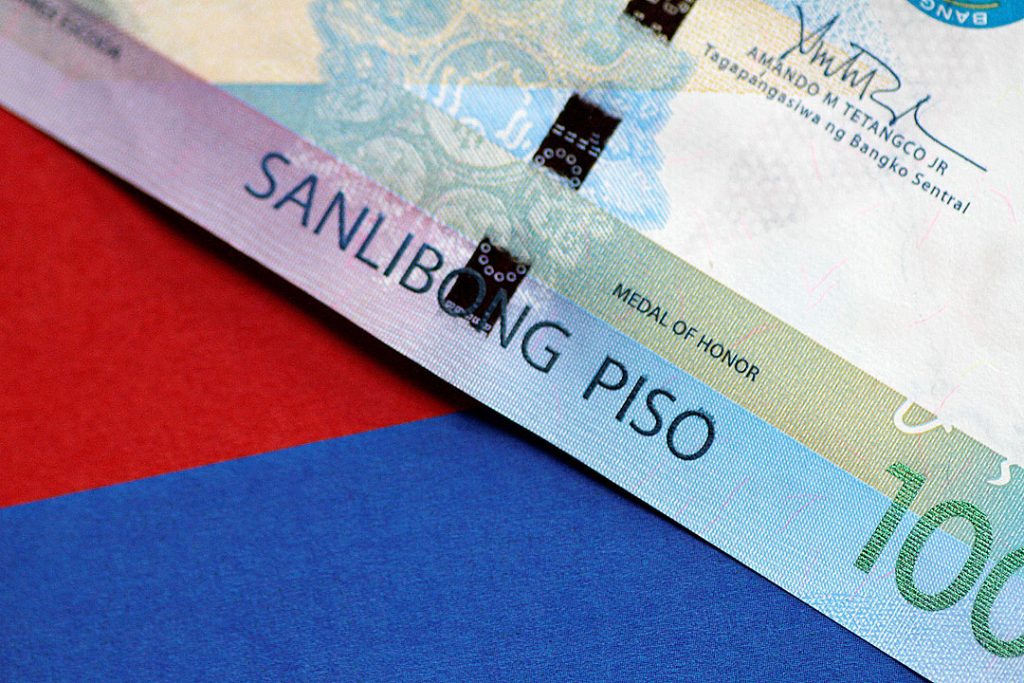In today’s world, credit has become an essential part of financial transactions. Whether it’s applying for a loan, buying a car, or even renting an apartment, having good credit is crucial. However, many Filipinos unknowingly make common credit mistakes that can have a significant impact on their financial well-being. In this article, we will explore the most common credit mistakes made by Filipinos and provide practical tips on how to avoid them.
Not Monitoring Credit Score Regularly
One of the most common mistakes is not monitoring one’s credit score regularly. Your credit score is a numerical representation of your creditworthiness and is used by lenders to assess the risk of lending money to you. By not keeping track of your credit score, you may miss potential errors or discrepancies that could negatively affect your credit rating.
How to Avoid It
To avoid this mistake, make it a habit to check your credit score at least once every few months. There are several credit bureaus in the Philippines that provide credit reports for free. Review your report carefully and report any inaccuracies immediately to the credit bureau.
Maxing Out Credit Cards

Credit cards can be convenient for making purchases, but maxing them out can hurt your credit score. High credit card balances relative to your credit limit indicate a higher risk of default to lenders, leading to a drop in your credit score.
How to Avoid It
To avoid this mistake, aim to keep your credit card balances below 30% of your credit limit. If you find yourself consistently maxing out your credit cards, reevaluate your spending habits and create a budget to avoid overspending.
Paying Bills Late
Late payments can significantly impact your credit score and stay on your credit report for years. Whether it’s credit card bills, utility bills, or loan payments, consistently paying late reflects poorly on your creditworthiness.
How to Avoid It
Set up reminders or automatic payments to ensure you never miss a due date. Paying bills on time not only helps maintain a good credit score but also saves you from unnecessary late fees.
Ignoring Credit Card Statements

Ignoring credit card statements is a common mistake that can lead to oversights and missed payments. By not reviewing your statements regularly, you may not notice fraudulent charges or errors that could damage your credit.
How to Avoid It
Take the time to review each credit card statement every month. If you spot any unauthorized charges or discrepancies, report them to your credit card issuer immediately.
Opening Too Many Credit Accounts
While having multiple credit accounts can increase your available credit, opening too many accounts within a short period can raise red flags for lenders. It may signal financial instability or desperation for credit.
How to Avoid It
Be cautious when opening new credit accounts and only apply for credit when necessary. Choose credit products that align with your financial needs and avoid applying for multiple accounts simultaneously.
Closing Old Credit Accounts
Closing old credit accounts can negatively impact your credit score, as it reduces your overall credit history and available credit. Lengthy and positive credit history is favorable to lenders.
How to Avoid It
Instead of closing old credit accounts, keep them open and occasionally use them for small purchases to keep them active. This helps maintain a longer credit history and demonstrates responsible credit behavior.
Co-Signing Without Due Consideration
Co-signing a loan for a friend or family member might seem like a kind gesture, but it carries significant risks. If the borrower defaults on the loan, it can damage your credit score and financial stability.
How to Avoid It
Be cautious when co-signing for loans and only do so if you fully trust the borrower’s ability to repay. Consider the potential consequences and ensure you are financially capable of repaying the loan if the borrower defaults.
Not Diversifying Credit Mix
Having a diverse credit mix, including credit cards, loans, and mortgages, can positively impact your credit score. Not having a mix of credit can limit your creditworthiness in the eyes of lenders.
How to Avoid It
Consider diversifying your credit mix by responsibly managing different types of credit. However, avoid taking on credit you don’t need solely for the sake of diversity.
Ignoring Credit Utilization Ratio
The credit utilization ratio is the percentage of your credit limit that you are currently using. Ignoring this ratio can lead to high credit card balances and negatively impact your credit score.
How to Avoid It
Keep a close eye on your credit utilization ratio and aim to keep it below 30% to maintain a healthy credit score. Paying down credit card balances can help lower the ratio.
Failing to Address Debt Problems
Ignoring debt problems can lead to financial distress and a damaged credit score. Delaying action can make it more challenging to recover from debt.
How to Avoid It
If you’re facing debt problems, seek professional advice from a financial counselor or debt relief agency. Addressing debt issues promptly can prevent further damage to your credit and financial well-being.


Leave a Reply